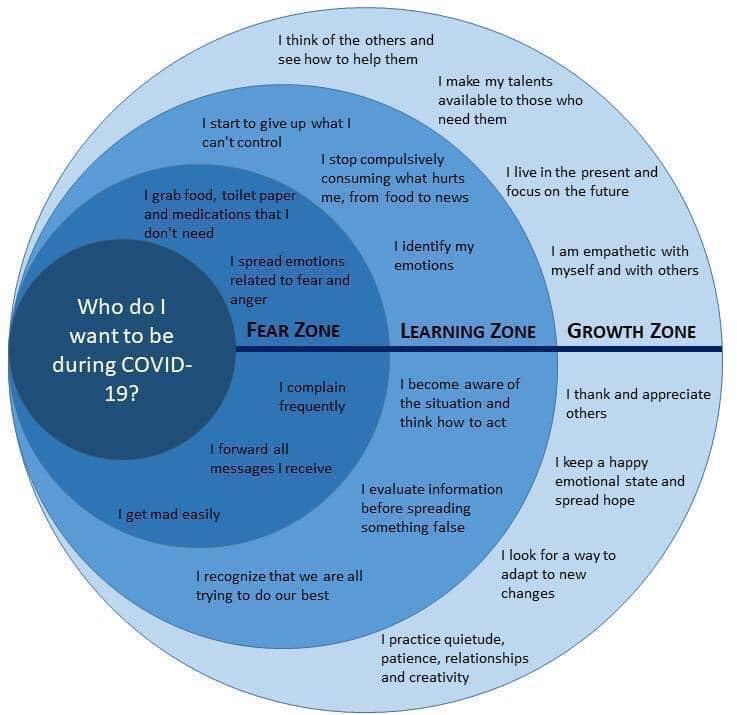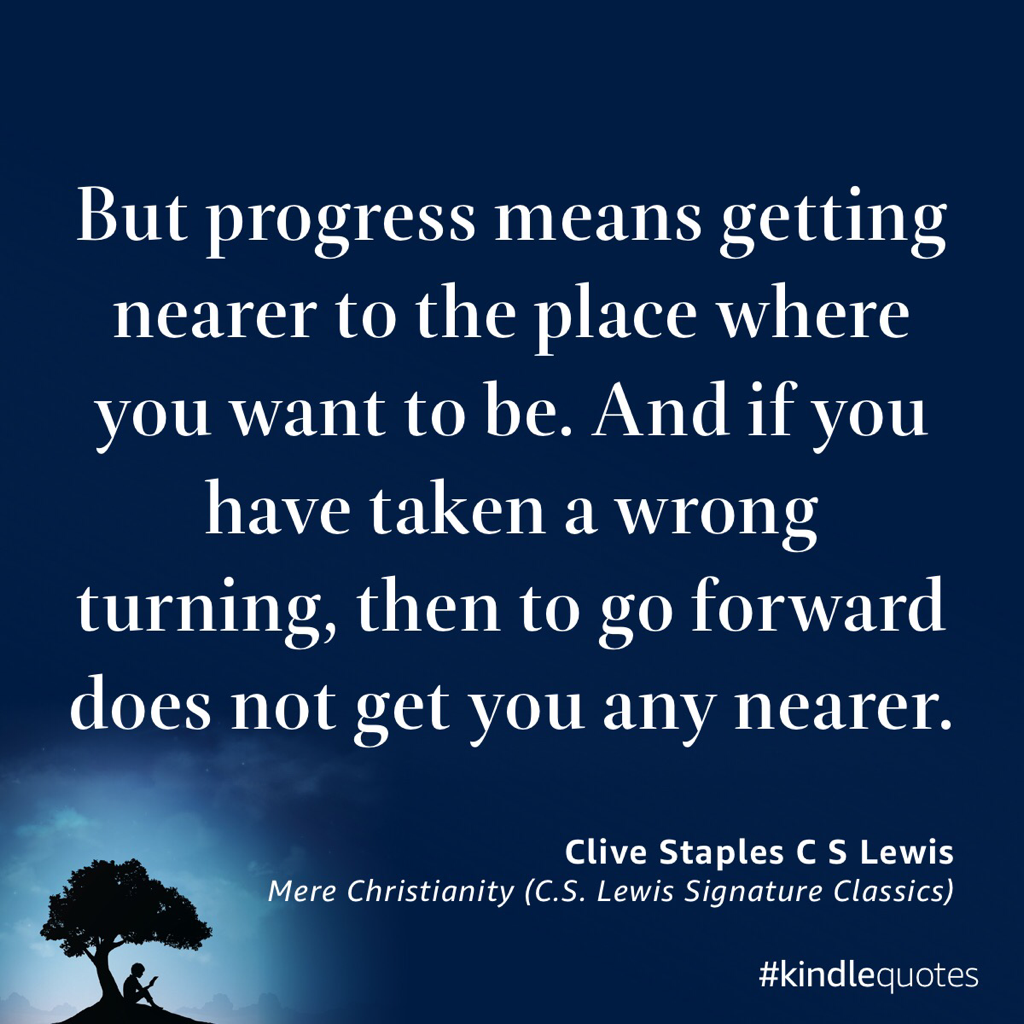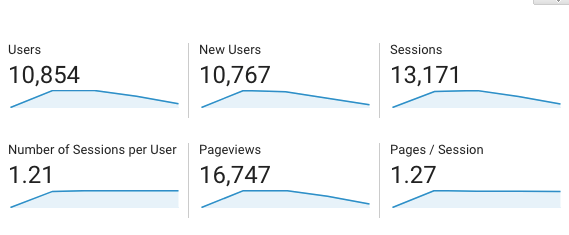|
The following from Richard Rohr's daily meditation so closely mirrors my own journey and thoughts that I'm choosing to share it in its entirety...
Before I made my living talking about God, thinking about God, writing about God, I was a person struggling to have a relationship with God. I had been given a god to believe in, some mixture of what my parents believed, what my preachers taught over the years, and what my imagination made of the parts of the Bible I read. In my early twenties, I often had more doubt than faith—doubt in what I’d learned, doubt in what those teachings implied for my life and for the world. I was frustrated; how is a God whose name is Love appropriated to justify violence, hatred, and enmity around the world? Over and over again, I was struck by how religion--which means to bind together--gave humankind license to hurt others, to put people out, to leave people behind. . . . In its truest sense, religion should reconnect human beings—bind them again—to the creation, to one another, to the Divine, to Love. Rituals, song, prayer, preaching, reflection, dancing, meditation—all of these religious practices are intended to bind us together in love and restrain us from harming one another. Religion should reconnect us to the ground of our being, to the source of our existence. . . . Religion should help us see how our biases about color, gender, sexuality, and class cause deep hurt to both body and soul. Unfortunately, religion is too often weaponized. Wars are waged in the name of religion. People are enslaved and terrorized in the name of religion. Wealth has been amassed on the backs of the poor in the name of religion. I’m a Christian pastor, and these are things my tribe has done, all in the name of Jesus. Jews were exterminated, in the name of a poor, brown, Jewish baby who was at one time homeless and at another a refugee. If humankind is to thrive, we need to let go of any religion that wounds and kills. Some of what we believe about God is actually about us; at times we create God in our own image. In other words, some of us imagine God as punitive, angry, and vengeful because these are aspects of ourselves that make us feel powerful and protected, rather than vulnerable. But we need to exercise a spiritual imagination free of fear and shed the constraints of unhealthy religion. Hate-filled religion needs an exorcism! In the interest of exorcising hate, I find myself preaching and teaching folks to see through the eyes of Love, to believe with all their heart in Love. I invite them to worship Love, to pray to Love, to be part of Love. Jacqui Lewis, Fierce Love: A Bold Path to Ferocious Courage and Rule-Breaking Kindness that Can Heal the World (Harmony: 2021), 129–130, 193–194. I've seen a couple of different versions of this diagram floating around social media in the past couple of weeks. I don't know to whom to attribute it, but there is some truth in it just as there is some truth in the statement that we cannot control our circumstances, but we can control how we respond. Both the diagram and the aphorism can represent an overly simplistic response to oftentimes complex situations, but they are also both indicative of a growth mindset. 3 Observations:
1. The initial question should not be 'Who do I want to be during COVID-19?' but 'Who do I want to be?' 2. Fear can be a helpful thing that keeps us from harm. It can also be a paralyzing thing that keeps us from health. “I learned that courage was not the absence of fear, but the triumph over it. The brave man is not he who does not feel afraid, but he who conquers that fear.” — Nelson Mandela. 3. There should also be a Tired Zone While not unexpected, Governor Abbott's announcement that Texas schools would remain closed for the rest of the school year twisted the dagger that was already in the hearts of so many HS seniors and their families. It does not diminish the impact of any one else's situation to acknowledge that the loss of the entire spring of one's senior year in high school is an especially painful loss. I have every confidence in the capacity of the class of 2020 to adapt and grow through this experience, and I know that principals, educators, and community members will come up with creatively supportive ways to conduct year end activities. But it is also important to acknowledge and allow room for the grieving that accompanies significant loss. I'm reminded of the 3rd stanza from Robert Frost's A Road Not Taken... And both that morning equally lay The significance is that this year's class really has no choice but to take the road less traveled, and won't have the opportunity to take the first on another day. We cannot walk the journey for them, but we can walk along side with support and encouragement. And maybe someday when they look back on this time, they can say that made all the difference.
With a long weekend on the calendar we had planned a short getaway to Austin and did have tickets to hear Mary Gauthier this evening. My favorite song of hers is Mercy Now, and is a timely reminder of how vital it is during this time to extend mercy - to others and to ourselves. Every single one of us could use some mercy now...
I can't begin to express how much I admire and appreciate the immediate response of the Digital Learning team to the sudden crisis for educators, students, and parents with the closing of schools. On Monday, March 16 we returned from Spring Break to a world that was completely different from the one we had left on Friday, March 6, The situation was evolving rapidly as decisions were being made at multiple levels of government about school and business closures and working and learning remotely. Monday was spent processing the shock, preparing to work from home, and beginning to plan how to effectively support our schools and educators. The team's usual approach to planning professional learning support is a design approach, involving research and incorporating the Design Essentials of our Professional Learning Model. We determined that for the immediate circumstances we did not have the luxury of the time required for that approach, but still felt the need to model best practices to the extent possible. Tuesday was spent (collaborating remotely) developing content and a schedule for webinars to be offered beginning on Wednesday, along with the development of our site for curating and sharing resources for remote instruction - http://bit.ly/R10remote. Below is a snapshot of the traffic on the site from Google Analytics for the 3 days of March 18-20. Wednesday the site was live and the webinars began. Between Wednesday and Friday the team delivered 12 newly created webinars to more than 3000 participants. The number of participants would likely have been higher, but our Zoom learning room maxed out at 300 participants for each session. In addition to preparing and delivering the webinar sessions the team held remote office hours throughout each day, captioned the webinar recordings and created a YouTube Playlist, which as of this morning has been viewed 3550 times.
We are now into the 4th week of emergency remote learning and the immediacy of the crisis has abated somewhat. All of the service areas at Region 10 are responding remarkably to anticipate and address needs and I'm proud to be a part of this organization during this time, but I am especially proud of our first responders - Kathryn Laster, Misty Trevino, Nancy Watson, Beth Dolliver, Julianna Perkins, Ashley Menefee, and their coordinators Lori Aden and Ashley Wilson. |




 RSS Feed
RSS Feed